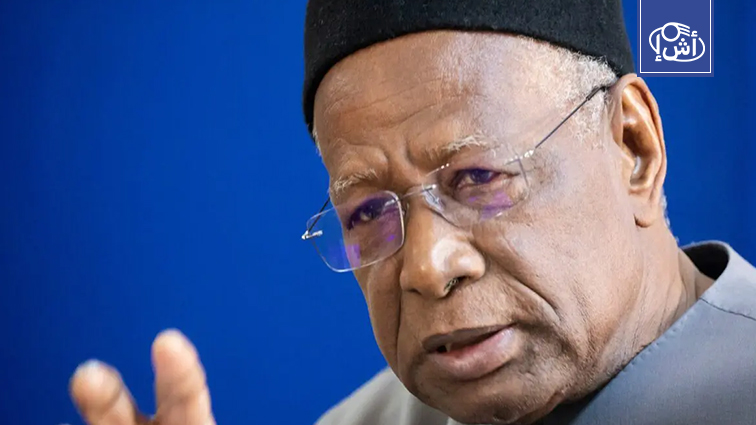Abdallah Bathili, former representative of the UN secretary-general in Libya, stressed that the Libyan crisis remains unresolved in the short and medium term.
Bathili explained that the absence of a political solution is a result of the lack of agreement and political will from the Libyan warring parties, in addition to the lack of support from regional and international partners.
Bathili visited Congo’s capital, Brazzaville, where he met with Congolese President Denis Sassou Nguesso, who chairs the African Union High-Level Panel on Libya.
The former UN envoy noted that the situation in Libya has deteriorated significantly in recent months, pointing to his repeated reports to the Security Council on negative developments in the country.
More seriously, according to Batelli, “all of these leaders are linked to external partners at the regional and international level, and I understood that it was not yet time to agree on a consensual solution for Libya.”
The crisis in Ukraine, the war in Sudan, the world’s great-power rivalries and other conflicts are believed to be the reason behind the deteriorating situation in Libya, one of the richest countries in this region of Africa.
He stressed the need to stop the conflict and to sit down all parties at the dialogue table to reach a peaceful solution agreed upon by all.
For his part, Batelli lamented the lack of progress in the peace process despite his efforts and noted that the time is not yet ripe to agree on a consensual solution for Libya.
At the end of his meeting with the Congolese President, Pathili stressed the need to intensify international and regional efforts to support the political process in Libya and encourage all parties to agree and cooperate in order to achieve peace and stability in the country.
Bathili was appointed as Special Representative of the Secretary-General as Head of the United Nations Support Mission in Libya (UNSMIL) in September 2022, where he met with various Libyan parties to convince them to sit around the five-year table initiative announced in November 2023, and the gathering of senior leaders, namely the heads of the Presidential Council, the House of Representatives, the State, the Commander of the General Command and the President of the outgoing Government of National Unity, but his efforts failed to draw a roadmap that would lead the country to elections and end the transitional stages since the postponement of the last due date. in December 2021.
Bangladeshi efforts to address illegal immigration and promote job opportunities
